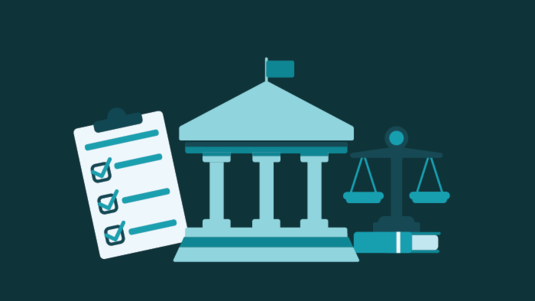The Gangmasters and Labour Abuse Authority (GLAA) is a UK government agency that is responsible for combating modern slavery, human trafficking, and labour exploitation. The GLAA was established in 2004 as the Gangmasters Licensing Authority (GLA) and was renamed in 2017 to reflect its broader mandate.
The GLAA works to protect workers from being exploited by gangmasters and other unscrupulous employers and labor providers. Gangmasters are individuals or organizations that supply workers to industries such as agriculture, forestry, horticulture, shellfish gathering, and food processing, and who may exploit their workers through poor working conditions, low pay, and other forms of abuse.
The GLAA has a number of powers and responsibilities, including the authority to carry out investigations, to issue and revoke licenses for gangmasters, and to take enforcement action against those who engage in unlawful activities. It also works with other organizations and agencies to raise awareness of the issues of modern slavery and labour exploitation, and to provide support and assistance to victims.
The GLAA plays an important role in protecting workers in the UK from exploitation and abuse, and in promoting fair and ethical working practices in industries where these issues are known to occur.
The GLAA enforces several laws that are designed to protect workers from exploitation and abuse, including:
The Gangmasters (Licensing) Act 2004: This act established the GLAA and set out the powers and duties of the agency. It also established the licensing system for gangmasters, which requires gangmasters to be licensed in order to operate legally in the UK.
The Modern Slavery Act 2015: This act makes it a criminal offense to hold someone in slavery or servitude, or to require someone to perform forced or compulsory labor. It also established the Independent Anti-Slavery Commissioner, who is responsible for overseeing the work of the GLAA and other agencies in combating slavery and human trafficking.
The Employment Agencies Act 1973: This act regulates the activities of employment agencies and sets out the rights and responsibilities of agencies and workers.
The National Minimum Wage Act 1998: This act sets out the minimum wage that employers must pay to workers, including agricultural workers.
The Working Time Regulations 1998: This act sets out the maximum number of working hours that an employer can require an employee to work, as well as the minimum amount of rest breaks and paid leave that an employee is entitled to.
The GLAA works closely with other law enforcement agencies, such as the police, to investigate and prosecute cases of exploitation and abuse. It also provides support and assistance to victims of exploitation and abuse, and works with partners to raise awareness of these issues and prevent exploitation and abuse from occurring.


